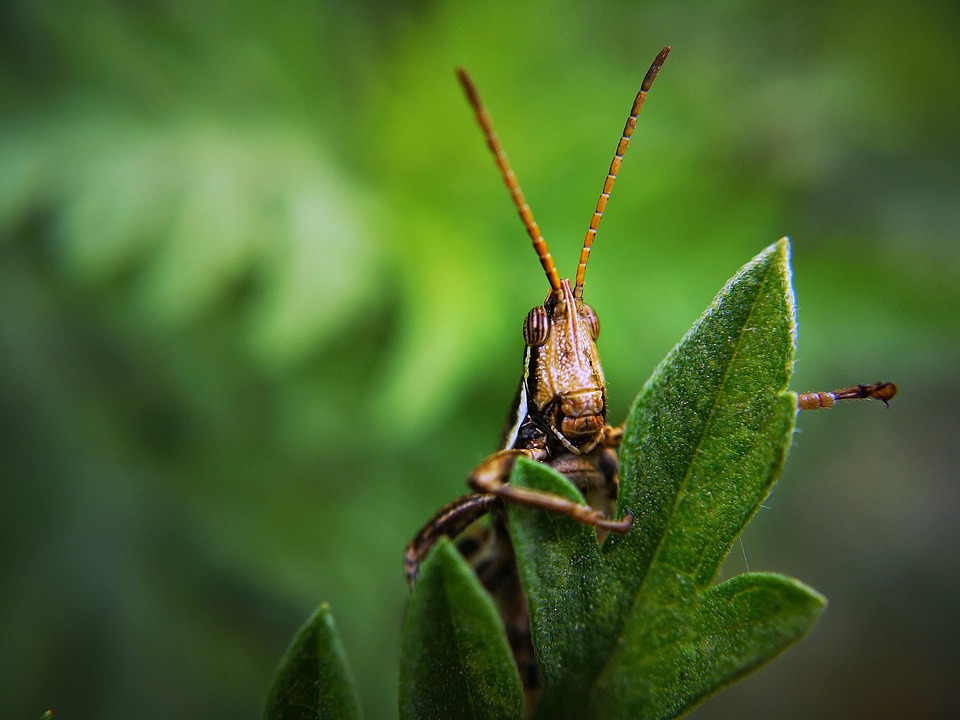As summer approaches and outdoor activities increase, so does the risk of pesky insect bites. Mosquitoes, ticks, and other bugs can not only ruin a day in the park but also pose significant health risks, transmitting diseases such as West Nile virus, Lyme disease, and more. While traditional bug sprays containing DEET and other synthetic chemicals have been the go-to options for many, there is a growing shift towards natural alternatives. This article explores the benefits of chemical-free bug sprays, their effectiveness, and their impact on skin safety and wellness.
The Case for Chemical-Free Insect Repellents
Skin Safety and Sensitivity
Many conventional bug repellents contain DEET (N,N-diethyl-meta-toluamide), a chemical that is effective in repelling insects but can also cause skin irritation or allergic reactions in some individuals. This is particularly concerning for parents with young children, individuals with sensitive skin, or anyone looking to minimize their exposure to synthetic chemicals.
Natural bug sprays often feature essential oils and plant-based ingredients, which tend to be gentler on the skin while still providing effective protection against insects. Common ingredients in these formulations include:
- Citronella: Derived from lemongrass, active against mosquitoes.
- Lemon eucalyptus oil: Recognized by the CDC as a promising natural repellent.
- Lavender oil: Known for its soothing properties, it also deters mosquitoes.
- Neem oil: Used in traditional medicine, known for its insect-repelling qualities.
- Peppermint oil: Effective against a variety of pests while providing a refreshing scent.
Environmental Concerns
The impact of chemical-laden bug sprays on our ecosystem is an increasingly important consideration. Conventional repellents can contaminate soil and water, harm beneficial insects, and disrupt wildlife. Natural insect repellents, on the other hand, are often biodegradable and less harmful to the environment, making them a more responsible choice for eco-conscious consumers.
Efficacy of Natural Bug Sprays
While natural bug sprays have gained popularity, many consumers still wonder about their effectiveness compared to synthetic counterparts. Research has shown that specific essential oils can provide comparable protection when used correctly. For instance, lemon eucalyptus oil has been found to offer protection similar to DEET but with a more pleasant scent and fewer side effects.
When using natural bug sprays, it’s important to apply them more frequently, as they tend to dissipate faster than chemical alternatives. Additionally, coverage is key; ensure that all exposed skin is adequately covered with the spray for optimal results.
Making Your Own Natural Bug Spray
For those interested in crafting their own natural bug repellents, the process can be both cost-effective and customizable. Here’s a simple recipe to try at home:
DIY Natural Bug Spray Recipe
Ingredients:
- 10 drops of citronella essential oil
- 10 drops of lemon eucalyptus essential oil
- 10 drops of lavender essential oil
- 1 cup of witch hazel or distilled water
- 1 tablespoon of coconut oil (optional for skin conditioning)
Instructions:
- In a spray bottle, combine the essential oils and witch hazel (or water).
- If using coconut oil, melt it in a small saucepan and then add it to the mixture.
- Shake well before each use and spray on exposed skin, avoiding contact with the eyes and mouth.
- Store in a cool, dark place for best results.
Conclusion
As awareness grows about the potential health risks associated with synthetic chemicals in bug repellents, many people are turning to natural alternatives for effective protection against insects. Chemical-free bug sprays not only provide a safer option for skin contact but also contribute to a healthier environment. By choosing natural repellents, we can enjoy the great outdoors without the worry of harmful chemicals, allowing us to embrace the sun, fun, and freedom of summer with added peace of mind.
When selecting a natural bug spray, always read the ingredient label and consider doing a patch test on a small area of skin to ensure there are no adverse reactions. With the right precautions, it’s possible to protect yourself effectively while nurturing your skin and the planet. Embrace the power of nature this summer, and enjoy your outdoor adventures with confidence!
